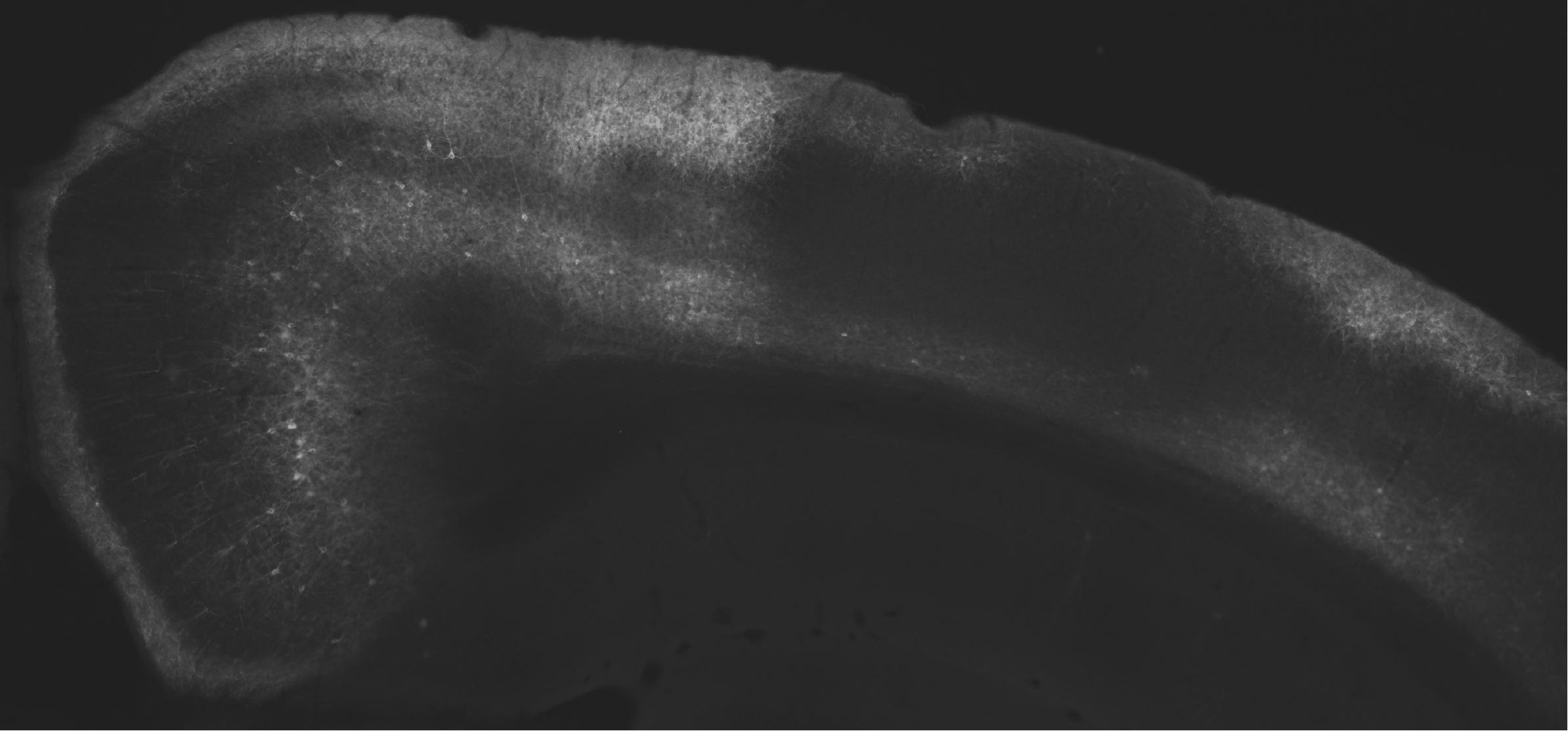Abstract:
Spatial transformation is a critical neural computation in which the locations of stimuli in the external world, experienced via disparate sensory processes, are registered across distinct coordinate systems. During navigation, information about the configuration of external features is initially acquired via sensory modalities in egocentric coordinates, but is then transformed into a map-like internal model of locations, landmarks, and goals relative to the external world (i.e. allocentric coordinate frame) that can subsequently be utilized to guide actions. Here, I present work investigating the role of association cortices in spatial transformations including during ethologically-inspired predation behaviour. These experiments reveal computational building blocks for mediating transformations between egocentric and allocentric coordinate frames, including the discovery of a subpopulation of retrosplenial cortex neurons that map the position of external features in egocentric coordinates.

Biography:
Andy Alexander completed his PhD work at the University of California, San Diego in the lab of Dr. Douglas Nitz where he characterized basal forebrain activation dynamics and investigated the role of retrosplenial cortex in spatial coding. He is currently an NIH K99 postdoctoral fellow in the laboratory of Michael Hasselmo at Boston University where he continues to examine cortical computations relating to spatial transformations, navigation, and memory.
Click here to register via Eventbrite
